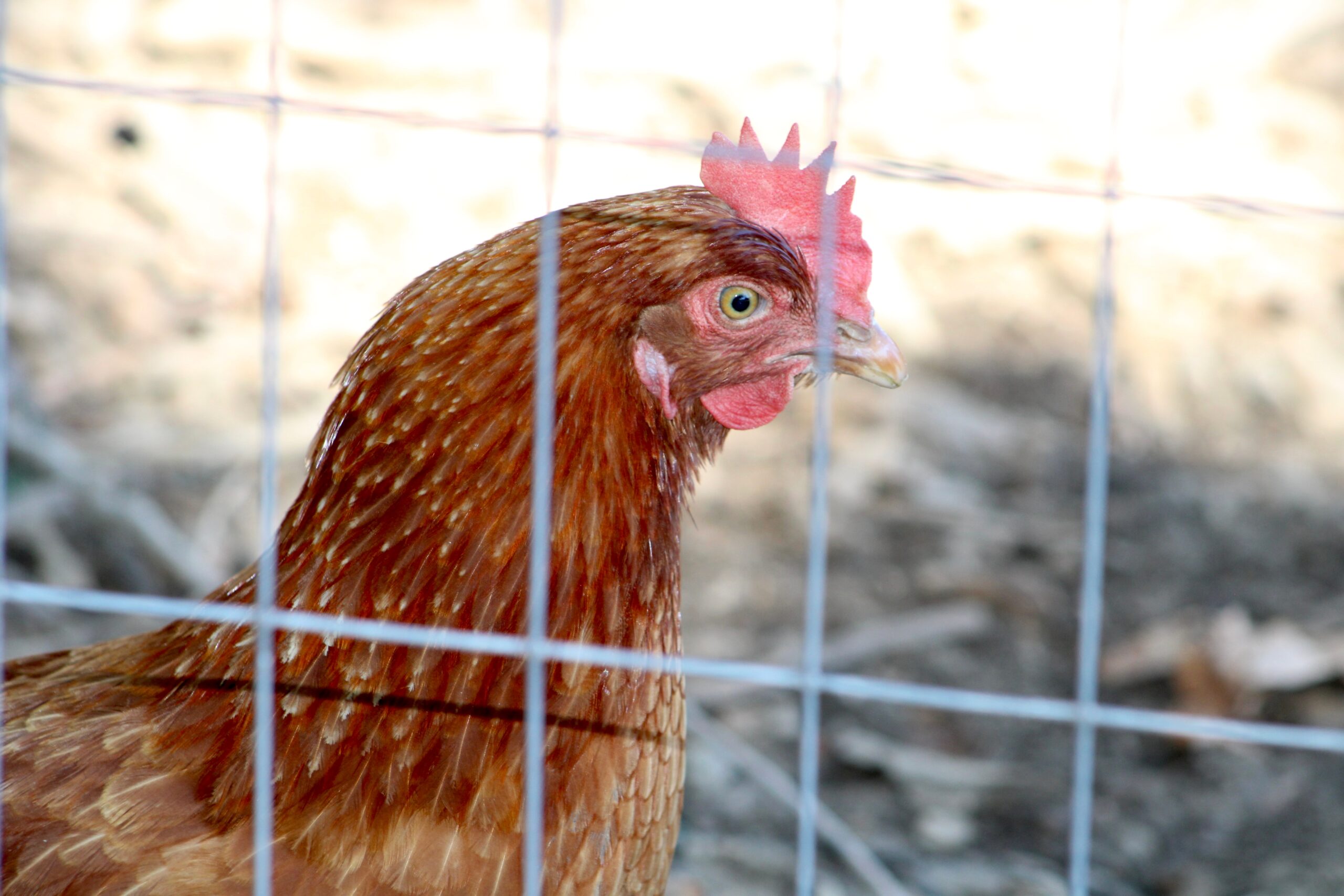More and more birds in Europe are becoming infected with bird flu, and in the Netherlands, dead birds of prey, foxes and otters have also been found to have had bird flu. Six questions for avian flu expert Nancy Beerens of Wageningen Bioveterinary Research.
Why is bird flu spreading faster?
‘In previous years, the virus entered the country in October with migratory birds. A great many migratory birds seem to be infected this year. They have also infected other birds in wetlands, such as ducks, widgeons, geese and swans. We are now getting infected dead birds from all the provinces except Drenthe.’
There are even otters infected with bird flu now?
‘This year, there have indeed been dead mammals brought in that have probably eaten birds with bird flu. These include foxes, polecats and otters. Whether that is entirely new, I don’t know. The symptoms of bird flu are very similar to those of rabies, so in the past these animals were only tested for rabies. Now that bird flu is in the news, more mammals are being sent to us and we are registering more bird flu infections.’
Should we be worried about people getting infected?
‘The mammals that are infected now are probably so-called dead-end hosts. They do not spread the virus further. Occasionally, humans get infected with bird flu, but they get mild symptoms and do not spread the bird flu virus. We are alert for mutations of the virus. We have found a mutation in foxes and otters that has caused the virus to adapt to the lower body temperature of these mammals. The virus would need a lot more mutations before it could spread among mammals, but still.’
Why is the virus spreading so fast among birds in Europe?
‘In the Netherlands we have rapid diagnostics, and a rule that poultry must be kept indoors comes into force as soon as an outbreak of bird flu starts. That’s why the virus is spreading in the wild in the Netherlands, but not from poultry farms to other farms. In other European countries, a lot of poultry is kept out of doors. This allows the virus to spread more quickly between farms. In Italy, almost 400 poultry farms are now infected, compared with 20 Dutch farms.’
Have you learned anything new about the virus?
‘We see that migratory birds introduce the virus into the Netherlands every year, but last year some infected wild birds were found in the summer as well. But most of them leave in the spring, which is good news. We have seen that five years ago, many ducks and wigeons were infected with bird flu, whereas this year it is mainly geese and swans. Apparently, the virus adapts – we don’t know how – and the Netherlands has a large water bird population that stays here over the summer. If birds from that population become infected, there’s a danger the virus will settle in the Netherlands.’
Should poultry be vaccinated against bird flu?
‘The government should certainly look at that option, but it’s important to check whether the virus can’t spread anyway, as happened with the Covid vaccines. We don’t get as sick now, but the coronavirus can still spread – unseen. That is a risk. We are now testing a few vaccines to see whether they work well.’

 Photo Shutterstock
Photo Shutterstock 

